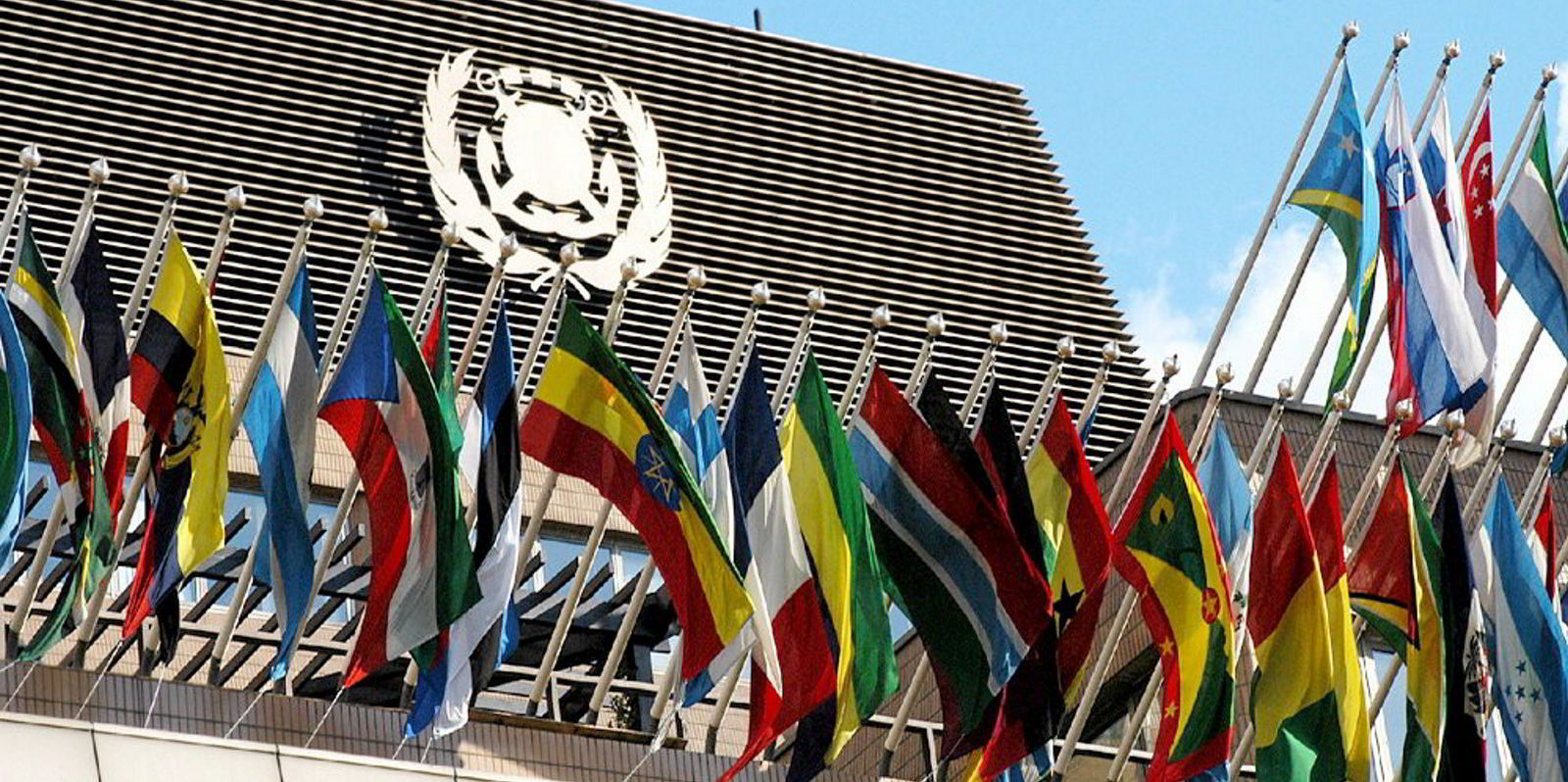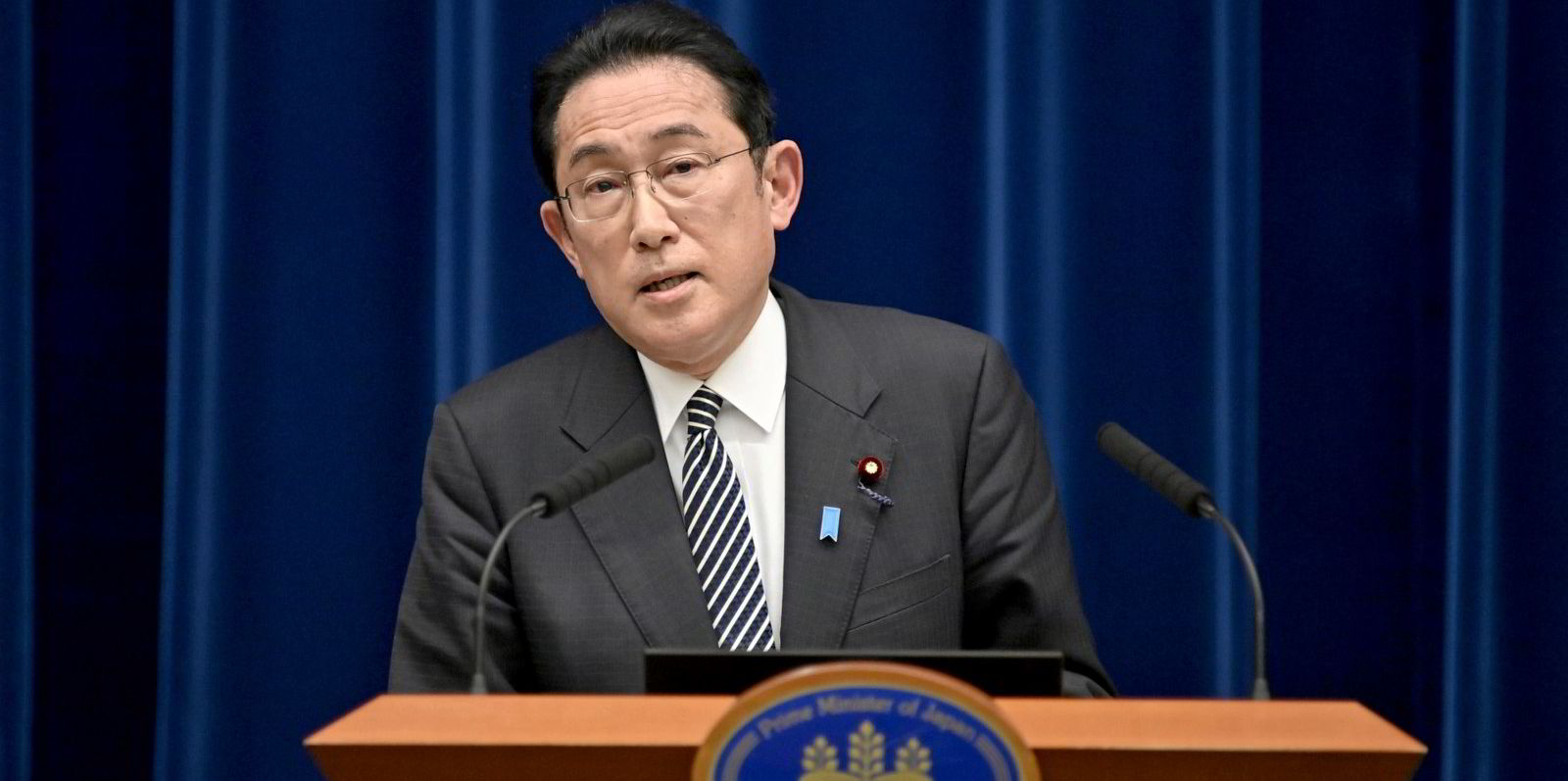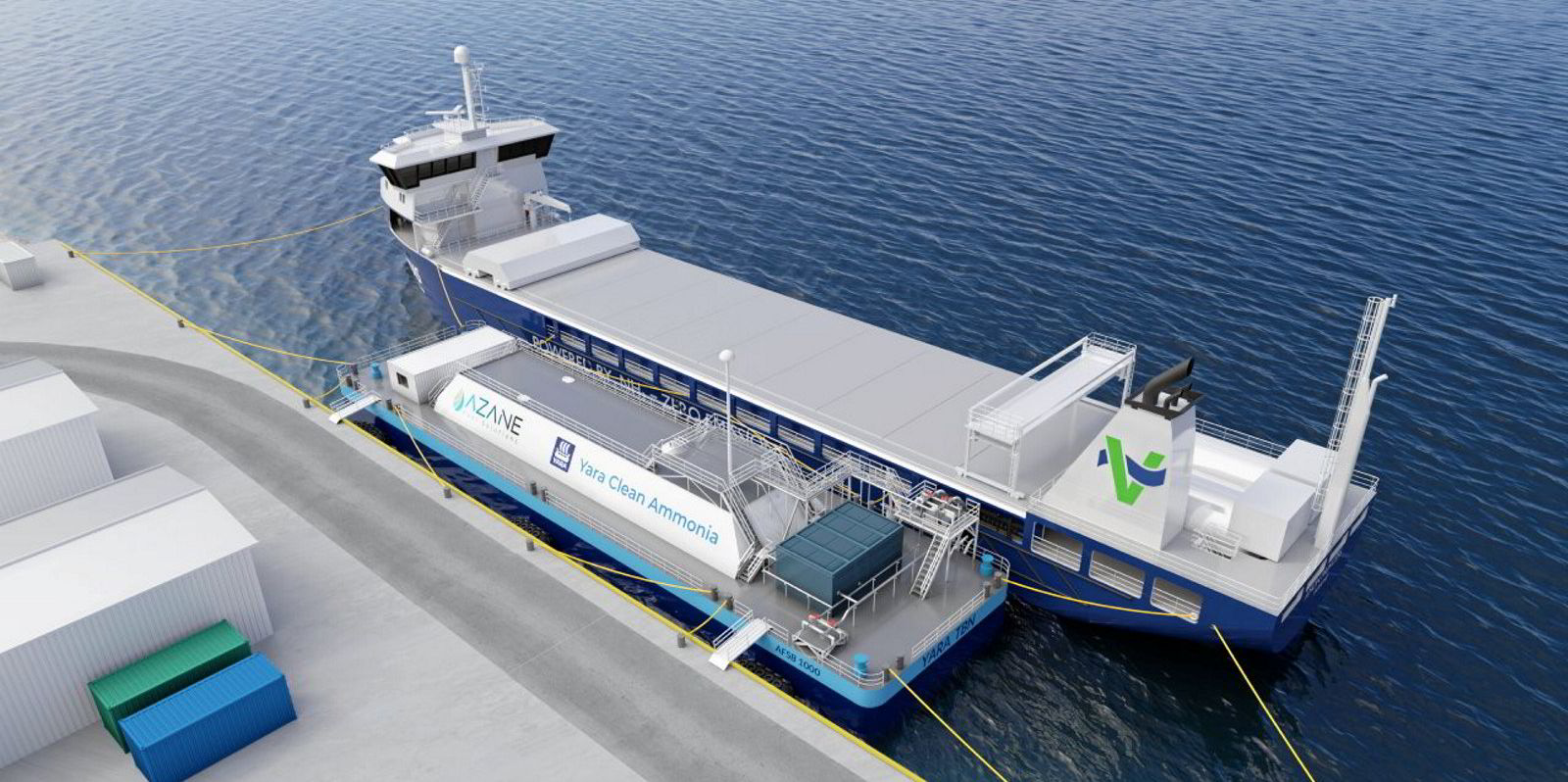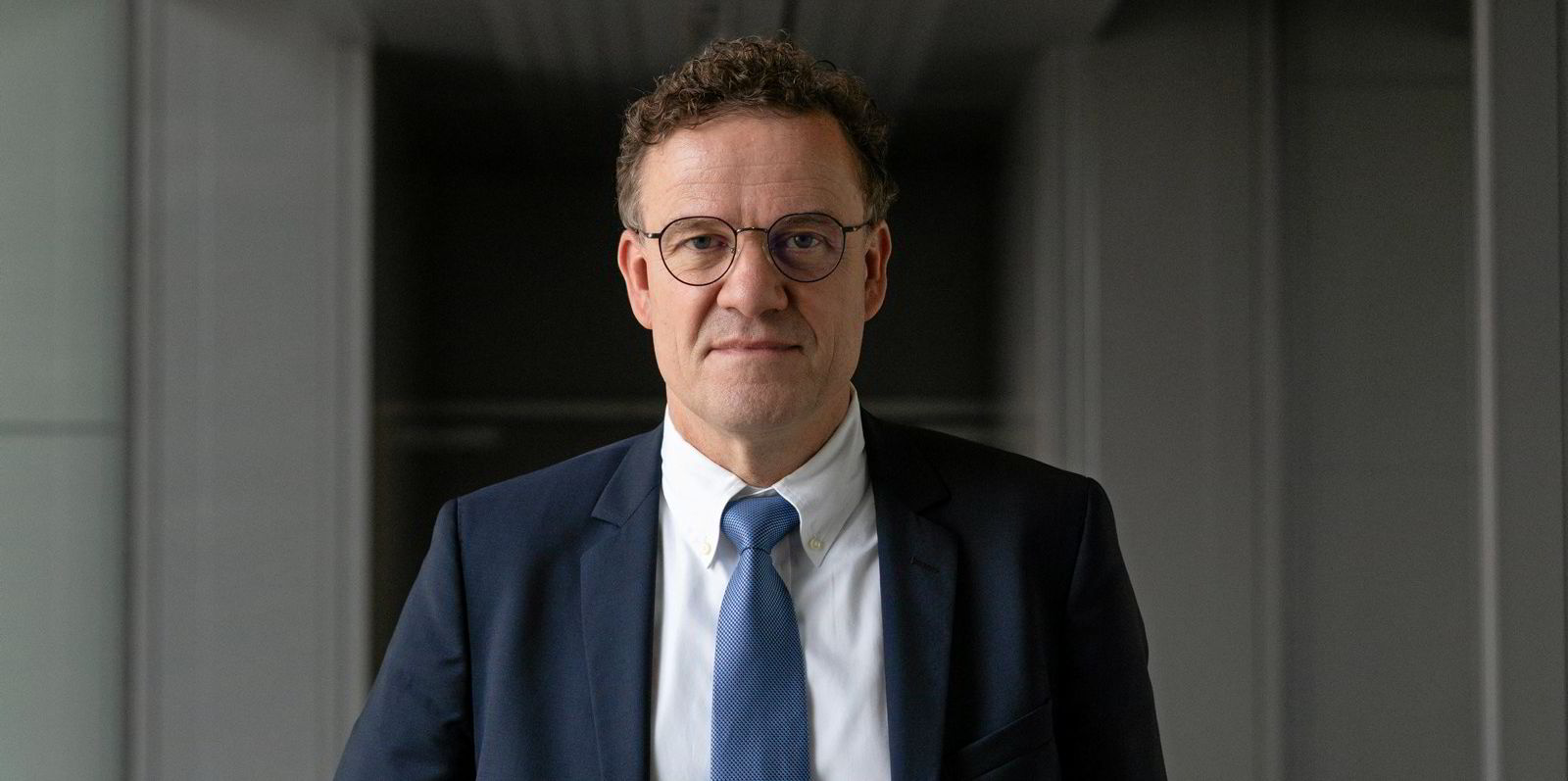Japan has put forward a “feebate” scheme at the International Maritime Organization as a possible market-based measure (MBM) to encourage shipowners to decarbonise.
The term is used to describe a system of fees and rebates that incentivise consumers to change buying habits in the transport and energy business.
It was also recently proposed as an MBM solution for shipping by trading giant Trafigura.
Japan’s idea is that the proceeds from a levy on carbon emissions from fossil fuel ships should be used to compensate companies that have taken the initiative to invest in zero-emissions vessels — but that are disadvantaged by the additional cost of zero-emission fuel.
The price gap between conventionally fuelled ships and those that run on zero-emission fuels such as hydrogen, methanol and ammonia will be highest during the initial stages of the energy transition, which, Japan suggests, is when an MBM will be critical in incentivising investment.
“We believe we need to support first-movers and encourage shipping companies to invest in zero-emission vessels. So, we need to fill the gap between fuel prices and the cost of construction,” said Naoto Nakagawa, deputy director for international affairs at the Ministry of Land, Infrastructure, Transport & Tourism.
We believe we need to support first-movers and encourage shipping companies to invest in zero-emission vessels
Naoto Nakagawa
Japan believes that a levy-based system is more likely to be adopted because it is simpler and has more price predictability than emissions trading schemes (ETSs), which have demonstrated high levels of volatility.
Japan’s idea involves a levy on a vessel’s carbon emissions. It could either be set at a level that simply compensates owners for the extra cost of zero-emission fuels — or at a higher level to reward owners for making the switch.
The ministry’s director of environment policy, Jumpei Ueda, said: “The levy rate could be set at a level to only fulfil the price gap, or it could be set to provide not just the price gap, but a little bit extra, to incentivise zero-emission vessels even more.”
As the price difference between fossil fuels and zero-emission fuels will change over time, a periodic review of the levy by the IMO will be required.
The number of fossil fuel ships will also decline as zero-emission ships increase and the energy transition accelerates. So the levy will also probably have to increase to provide sufficient funds.
Japan estimates that in a high-levy scenario, the price could range between $89 per tonne of CO2 in 2025 and $1,788 per tonne by 2050.
In a lower-case scenario, pricing would range between $41 per tonne and $381 per tonne over the same period.

But there is an additional element to Japan’s scheme. To be accepted, it is also likely to have to generate revenue to provide financial support for Small Island Developing States (SIDS) and Least Developed Countries (LDS) that are affected by climate change measures.
Japan has proposed that the existing framework of support for developing countries used by the IMO could also be used to distribute revenue to SIDS and LDS.
It also hopes that a separate industry proposal to establish an IMO Maritime Research Fund from a small levy on fuel will help the IMO to accumulate knowledge on managing its feebate scheme.
Possible alternative
One weakness of the feebate scheme is that it offers little certainty over the level of decarbonisation that might be achieved.
Japan has presented an alternative rebate scheme in which fossil fuel ships are given CO2 allowances based on emissions per tonne-mile. The benchmarking would give more certainty over CO2 reduction levels, although it would also involve setting a carbon price.
If shipping is to achieve its goal of net zero by 2050, ideally Tokyo would like to see its feebate scheme adopted into the Marpol Convention by 2023 and enter into force globally by 2025.
However, it recognises that the time scale may be ambitious, given the complex revenue collection, distribution and pricing mechanism that would have to be agreed on in a relatively short time frame.
The imminent introduction of the European Union ETS for shipping could complicate the debate on MBMs. Alternative ideas from Norway and Denmark for a global ETS will also be competing against Japan’s proposal for the attention of IMO member states.






